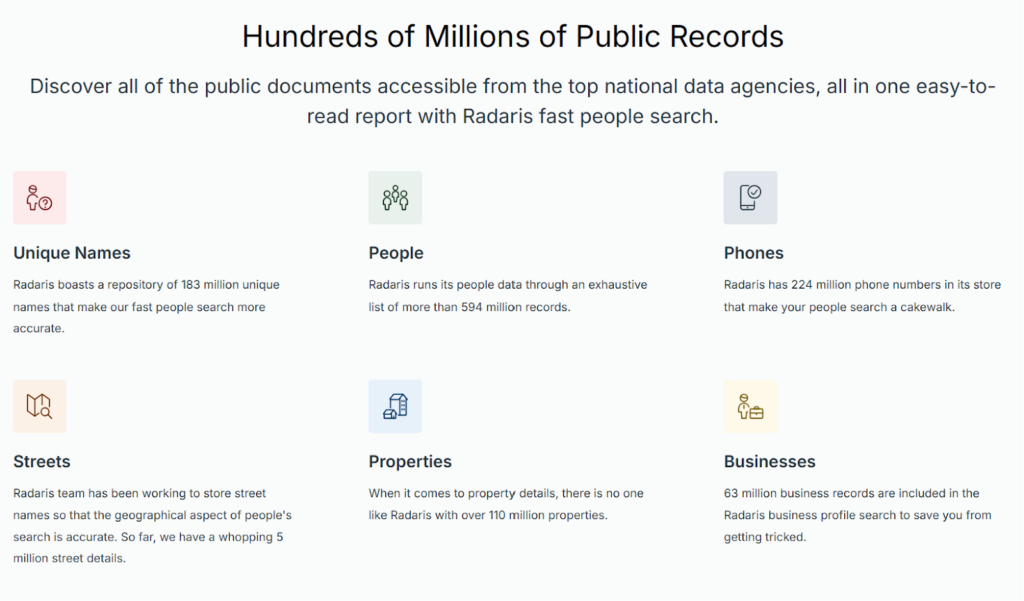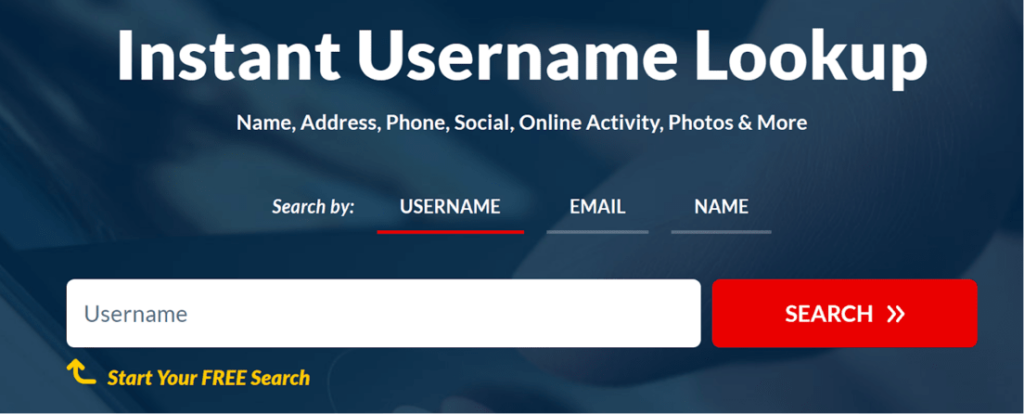Doxxing and Cyberbullying: What’s the Difference?
- Doxxing
- Is Doxxing Illegal?
- Doxxing and Cyberbullying: What’s the Difference?
Table of Contents
Although doxxing and cyberbullying might sound similar, there are a few big differences between these two potential threats to your online safety- and if you’re a regular internet user, you should know what they are.
Doxxing and Cyberbullying: What’s the Difference
Both doxxing and cyberbullying are harmful activities that can happen online.
Doxxing (publishing someone else’s personal information online without their permission) with malicious intent is actually a form of cyberbullying. In other words, cyberbullying is a broad category of antagonistic online behaviors, including doxxing.
However, if a bad actor doxxes you, it could lead to other harmful activities outside of cyberbullying.
If someone is doxxing you online, for instance, and they get ahold of your email address and other personal information, they can use that information to harass you, swat you, impersonate you on social media platforms, or send you threats of extortion and blackmail.

Doxxing can be a springboard for a host of criminal behaviors.
To help clarify, let’s look at what exactly doxxing and cyberbullying are.
What Is Doxxing
Doxxing is the unconsented sharing of someone else’s personal information (such as their home address, home phone number, email address, and so on) online. Read our guide to learn how doxxing works.
As a practice, doxxing began in the hacking community and later spread into gaming.

Today, doxxing has become increasingly common across social media and on forums, with online trolls and bad actors being the primary culprits. If someone maliciously doxxes you in this manner, they are also cyberbullying you.
What Is Cyberbullying
Cyberbullying can refer to any number of activities involving malicious intent and digital devices (including mobile phones, desktops, and tablets).
Someone sending hateful messages to your social media account, posting harmful or false images of you on a forum or sending photos of you to someone else without your permission are all examples of cyberbullying.
How to Prevent Doxxing and Cyberbullying
The key to preventing doxxing and cyberbullying lies in shrinking your online footprint to make it more difficult for bad actors to find your personal information and subsequently share it or use it for nefarious reasons.
To get an idea of where your information is publicly visible online, you should dox yourself (refer to our list of self-doxxing tools).
While it may sound strange, going through the steps of doxxing yourself will give you a better idea of where your data appears online and help you formulate a game plan of how to remove this data before someone else finds it.
Once you dox yourself, you’ll likely need to do the following:
→ Opt out of data brokers and people search sites. Data brokers and people search sites are companies that scrape the internet to collect public information on individuals (from social media profiles, public records, and so on) and then sell that data to more or less anyone who wants it. You can opt out of data brokers using our free opt-out guides. Or, subscribe to a data broker removal service like DeleteMe to have privacy experts remove your details from these sites on your behalf.

→ Change your social media privacy settings from public to private. On most social platforms, everything you share (your username, posts, comments, etc.) is public by default.
→ Remove your personal information from other places online, including blogs, forums, and third-party websites. For third-party websites, you’ll need to contact the website owner or administrator. You can usually find out who that is on the site’s “About Us” or “Contact Us” page or by using the Whois Lookup tool.
→ Remove your data from Google products, including Google Search results and Maps. However, note that removing your information from Google Search will only remove it from the search engine. The information itself will still exist on the site where it was published. It will also still be findable through other search engines like Bing.
→ Use different usernames and passwords for all of your accounts. This reduces the likelihood that someone will be able to trace you across the web. Note that some data brokers and people search sites have a “Username Lookup” tool that lets you type in someone’s username and find out personal information about them, including their full name, home address, phone number, education, employment history, and other online accounts (like dating profiles).

→ Be nice. It won’t always matter, but if you don’t go out of your way to troll or be mean to other users, they will likely not be inclined to troll you back.
Taking these steps will help minimize the likelihood that you’ll be doxxed, which can also reduce the chances that you’ll be cyberbullied.
What to Do If You’re Experiencing Doxxing and Cyberbullying
Being doxxed or cyberbullied can be very distressing. If you’re experiencing it, you should keep the following tips in mind:
- If you’re in immediate danger, go to a different location.
- Collect evidence of the behavior (screenshots, videos, recordings, etc.) and report the doxxing or cyberbullying to law enforcement.
- Emotional support is important. Tell your friends and family members that you are being doxxed or cyberbullied so they know what’s going on.
- You should also report the behavior to the platform it occurred on (such as Instagram, X/Twitter, Facebook, and so on).
- Don’t respond to cyberbullying or engage with the perpetrator, as that is exactly what they are hoping you will do. Doing so can make them go further in their efforts to distress you.
- Block the user sending the messages or texts. If they’re sending you emails, set up a filter so they go directly into the “Junk” folder.
- See if you’re protected by laws in your state. Doxxing and cyberbullying are considered criminal activities in some states in the US.
Doxxing and Cyberbullying Laws
While there are no federal laws against doxxing and cyberbullying, individual states have established their own laws against them, and others are rapidly putting appropriate laws into place.
For example, Michigan has a three-tier penalty system against cyberbullying, with penalties ranging from a $500 fine and 93 days in jail up to a $10,000 fine and 10 years in jail (if cyberbullying leads to the death of the victim). It’s also illegal in North Carolina, where first-time offenders can see up to 120 days in jail and/or a discretionary fine.
Doxxing is illegal in some states, too. For example, in California, doxxing someone can lead to up to one year in jail and a $1,000 fine against the guilty, and in Illinois, doxxing victims can take perpetrators to civil court.
Becoming Undoxxable
The smaller your digital footprint, the less likely it is that someone will be able to find your personal information online and then use it against you. Take steps to reduce the amount of data that exists about you on the internet, and you’ll be one step closer to being safe from doxxers and cyberbullies alike.
To learn more, read our guide on how to prevent doxxing.
DeleteMe is our premium privacy service that removes you from more than 30 data brokers like Whitepages, Spokeo, BeenVerified, plus many more.
Save 10% on DeleteMe when you use the code BLOG10.
Our privacy advisors:
- Continuously find and remove your sensitive data online
- Stop companies from selling your data – all year long
- Have removed 35M+ records of personal data from the web
Save 10% on any individual and family privacy plan with code: BLOG10












